Even a Peanut Aspires & George Washington Carver
This past Tuesday morning, I caught a quick glimpse of the final, final draft of a Boloco promotional email that was to be released at 11am.
“The Jimmy Carter Shake is Back!” it proclaimed. It went on to share some of the roots our former President had as a peanut farmer – well known to those over the age of 50, less known to everyone else. Boloco has sent something similar out many times over the years. Nothing wrong with it.
This time, however, something struck me differently. Almost like the twitch of a newly forming muscle that I didn’t know existed and could barely identify. What were we missing?
Like so many other groups and organizations, individuals and teams, in the wake of George Floyd’s murder our team at Boloco has been doing a lot of listening, learning, and sharing these past few weeks. When it comes to doing more, however, we still don’t really know when it’s “appropriate” to speak out and take action versus standing by quietly and just listening. As I’ve written recently, many of us as individuals and organizations may feel we don’t have a racist bone in our body (or org chart) but much like Covid19, many of us are asymptomatic, carrying the disease forward to others without showing any obvious signs of being infected ourselves. Spreading it unintentionally and unknowingly.
That pause – that twitch of the new muscle – on the Jimmy Carter email. Peanut farmer, I thought. Peanuts. It didn’t take me long to remember. In 4th or 5th grade, at Wyoming Middle School just north of Cincinnati where I grew up, I had chosen to do a report on a man named George Washington Carver. All I could remember off the top of my head, 40 years later, was that GW Carver was black, lived in the South, and did a lot of crazy things with peanuts. A peanut farmer perhaps? Just like Jimmy Carter? I couldn’t remember for sure. What I did know is that I had to put a hold on the Jimmy Carter email, and I did.
I spent a couple of hours doing some research (and this time didn’t solely rely on the World Book or Encyclopedia Britannica) … and I’m so grateful I did. GW Carver was a fascinating man, scientist and yes, even, artist. Born into slavery at the end of the Civil War, Carver’s unending curiosity helped him overcome seemingly insurmountable obstacles, especially for a man who came of age at the turn of the 20th century. If you want to learn more, and I do think it’s worth your time, watch this video for a few minutes.
Jimmy Carter has no doubt had a long, illustrious life. As a President people loved him and hated him, as a humanitarian it’s hard not to be grateful for all that he’s done. And yes, he had been a peanut farmer in his earlier years. If you haven’t read his 2001 book “An Hour Before Daylight: Memories of a Rural Boyhood“, I highly recommend it.
But then there’s George Washington Carver. Among other impressive achievements, Carver discovered over 300 important uses of the simple peanut to benefit fellow human beings. And yet to way too many, he’s an unknown figure whose contributions fade into obscurity with time.
Last Tuesday, at the Boloco on the Boston Common, which had recently been “trashed and looted” as part of the protests turned riots in Boston, we listened carefully to Ashley. An employee at our Lynnfield restaurant, Ashley is a young black woman from the Dominican Republic who had spoken up publicly, on Instagram, about Boloco’s lack of action in the Black Lives Matter during the prior weeks. Within 36 hours her words had brought us all together.
“Boloco needs to do something. Boloco needs to do more.”, the courageous voice kept saying to us. “Boloco needs to educate its customers!”
Oh wow, my mind twirled. Was it really our place to do that? I couldn’t imagine really, in that moment, at least, using our “platform”, which is barely competitive with the bigger chains these days, to do what she was asking – listening and learning, doing something, doing more… ok… but educating customers? But Ashley doesn’t know or care about Boloco’s unfavorable “market position”, our very real financial challenges, our “brand voice”, or any the risks we might perceive we take in speaking out as a brand. She sees a “big” company that can do good. That professes to do right. Why wouldn’t we just do it, she seemed to ask?
And just as enough time was passing since that meeting to forget all about it, to act like no request had been made, along came that email about relaunching the Jimmy Carter Shake. Coupling that with a foggy memory of that 5th grade report on George Washington Carver and having just completed the podcast series “Seeing White”, we saw a chance to make good, in a very small way, on Ashley’s request.
Menus evolve. Names change. Traditions come and go. Statues are falling. Jimmy Carter did nothing wrong as relates to peanuts, that is for sure. This isn’t about Jimmy. This is about Black Lives Matter. And perhaps bringing to life and light some of the incalculable contributions that have been made by black citizens over the centuries is something we can all do when we recognize the chance to do so. Keeping in mind Ashley’s plea for us to educate others through Boloco, today we are going to try to do just that.
Introducing the
George Washington Carver Shake
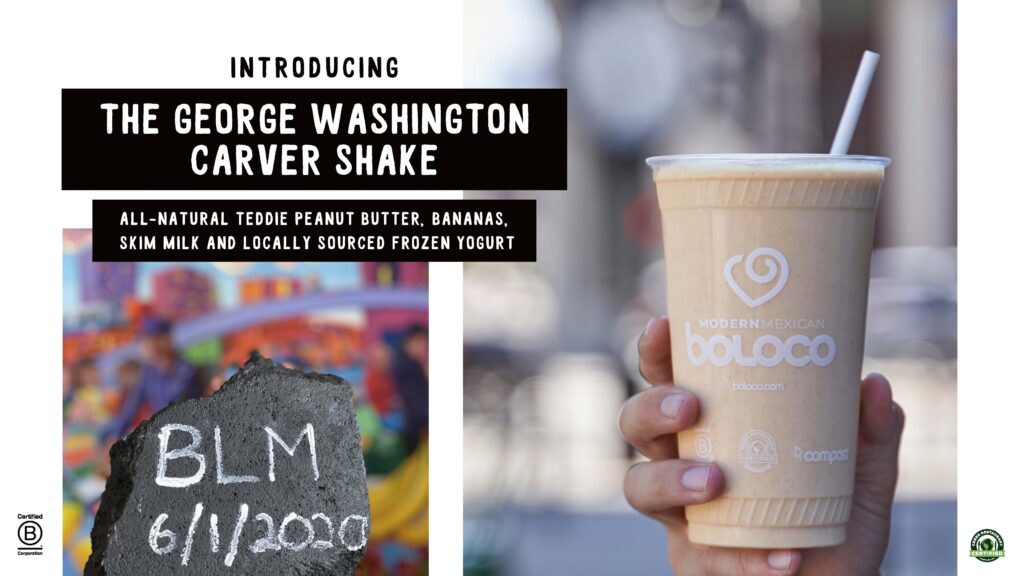
That name’s a mouthful, as is the shake itself, and we are fine with that.
Black Lives Matter. Happy Juneteenth.
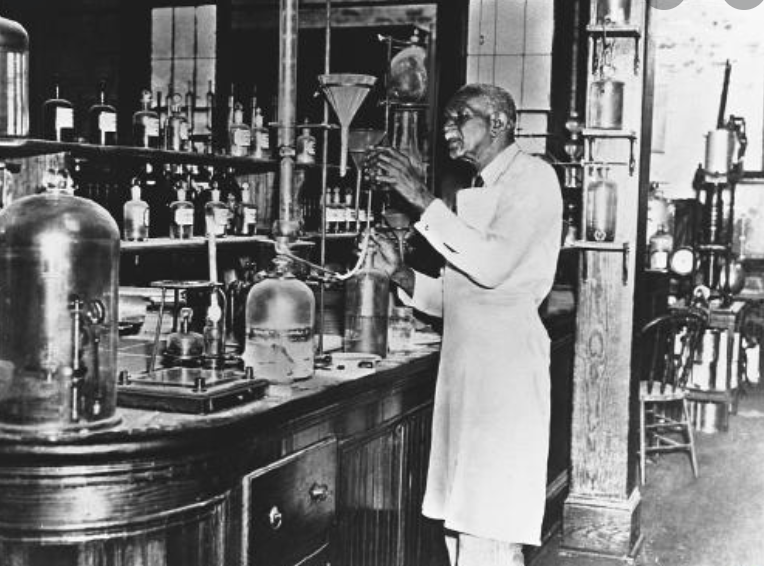



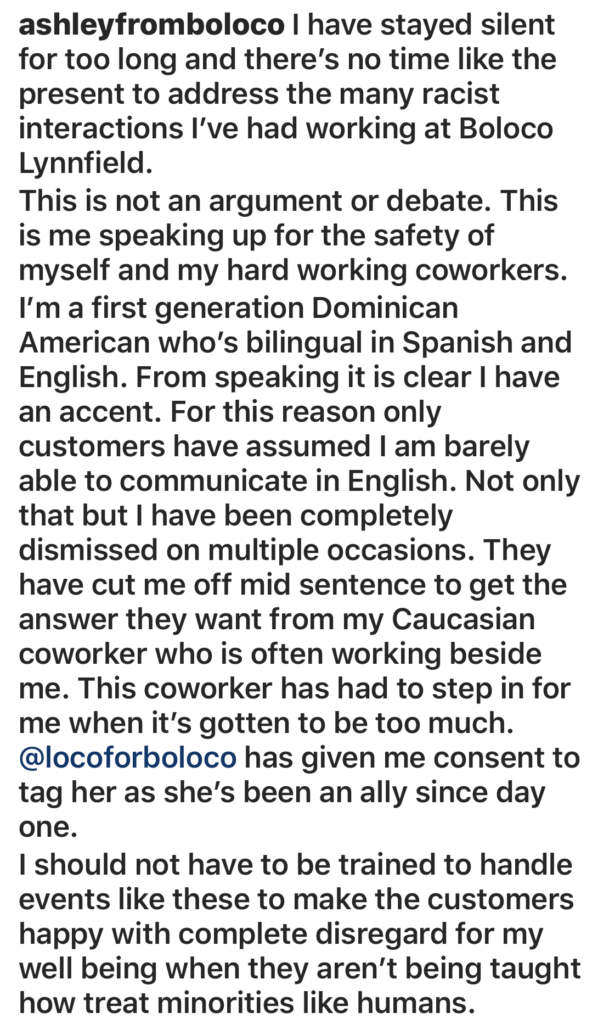
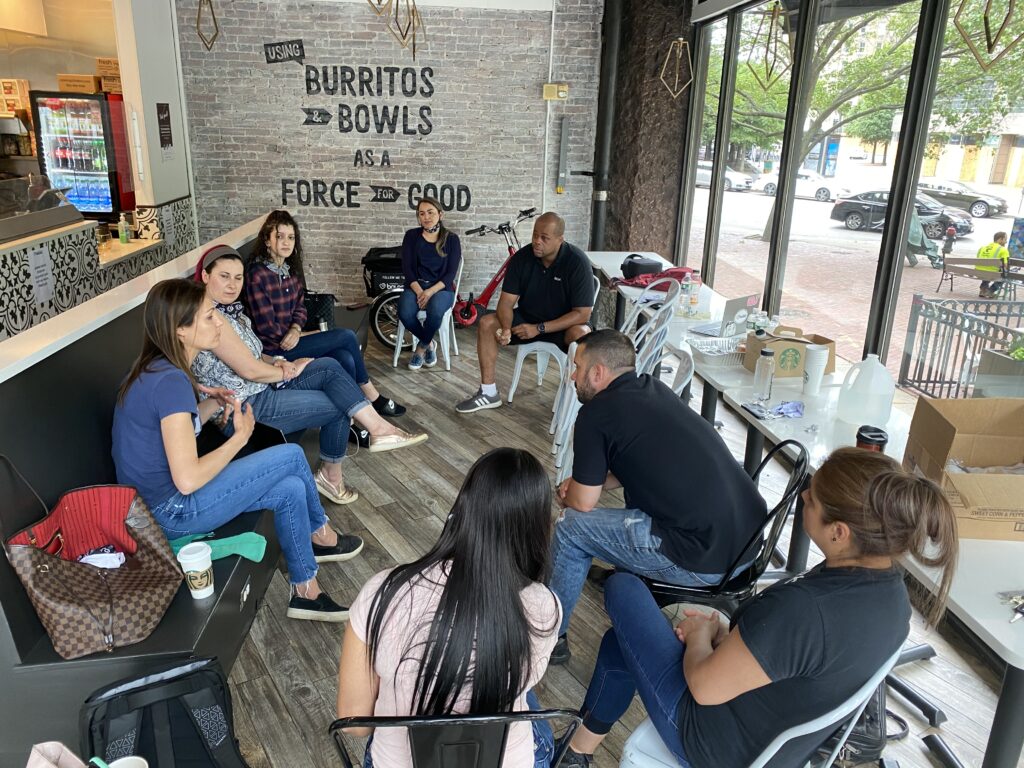


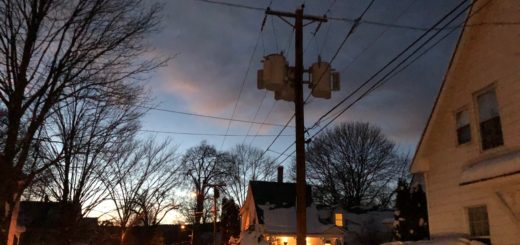
Thanks for sharing and educating me (hopefully “us all”) about George Washington Carver. And thanks for taking the step to rename the shake the “George Washington Carver” shake A small step, perhaps, but a positive one. As you mention, no disrespect to Jimmy Carter. His work as president and humanitarian are not diminished by the renaming. But perhaps more people now will be aware of Dr. Carver and the amazing work and research he did in spite of all the barriers in his way that he had to overcome. On top of it all, he remained a humble man. Certainly a model to aspire to. The History Channel show you linked to was definitely worth the watch. Thanks.
I’m glad to read this post and am a fan of George Washington Carver, Boloco, and how its management has seen a need to respond despite what could easily be described as the all consuming economic challenges of the day.